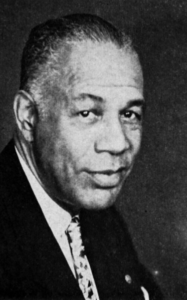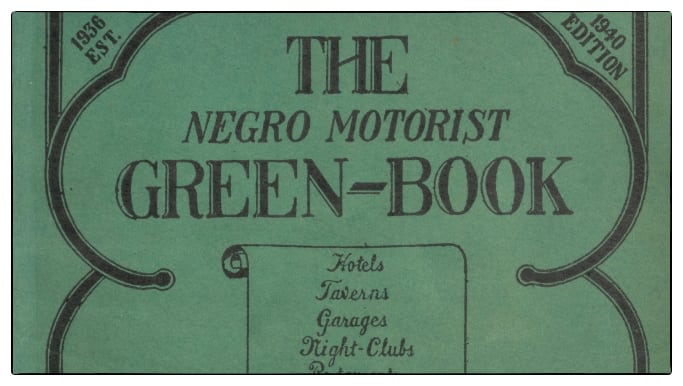In the mid-20th century, African Americans traveling the segregated US had one tool that made it all navigable: “The Negro Motorist Green-Book.” The legendary guide to lodgings and restaurants that accepted African-American customers has become a key reminder of life before the Civil Rights Act, but surviving copies are museum items.
Now, a small California publisher has reprinted the guide, making it available to those “wishing to understand our history.”

Launched by African-American mailman Victor H. Green in 1936, the “Green-Book’s” state-by-state listings noted places where drivers could stop for the night. These included hotels, motels, and “tourist homes,” the AirBNB of their day – private residences that would rent out a room.
Drivers could map out a cross-country drive through towns with places to stay, while avoiding “sundown towns” where no African Americans were allowed at night. Restaurants, gas stations, and other services are also listed.
The just-released “Negro Motorist Green Book: 1947 Facsimile Edition” includes those listings, plus guides to “Negro Schools and Colleges” and “Leading Negro Publications,” an overview of Ford and GM cars of the day, and even the original ads. This is the latest in a series of Green Book reprints that was launched last year by About Comics.
“Put a Green Book into someone’s hands and an immediate understanding develops,” said About Comics publisher Nat Gertler. “Looking at this very practical guide they comprehend how stifling segregation was.”
Gone for fifty years, the guide now gets media attention – the New York Times called it a “beacon for Black travelers,” the Washington Post said it was “a game changer,” Newsweek called it “practical scripture” that “saved black lives on the road,” and NPR dubbed it “revolutionary.” The scarce original copies go for thousands of dollars.
The 1947 reprint just released ($8.99) joins the 1940, 1954, and 1963 editions in the series. They are carried at the gift shops of major museums and historic sites, including the Smithsonian’s National Museum of African-American History and Culture and the Martin Luther King Jr. National Historic Site. All are also available through Amazon.
“They reminder us of a past that we still carry with us,” says Gertler, “and warn of what may come again.”
(For more information, visit is www.AboutComics.com.)


